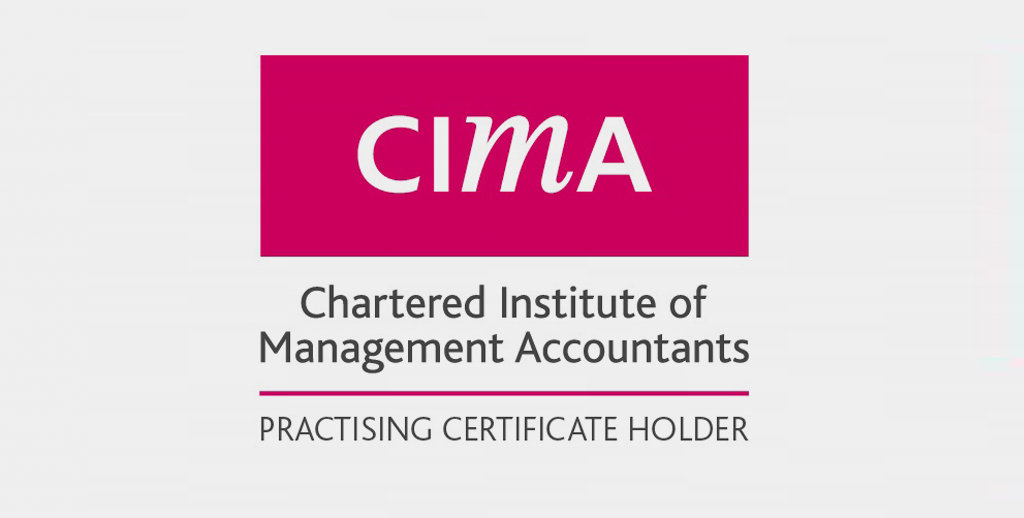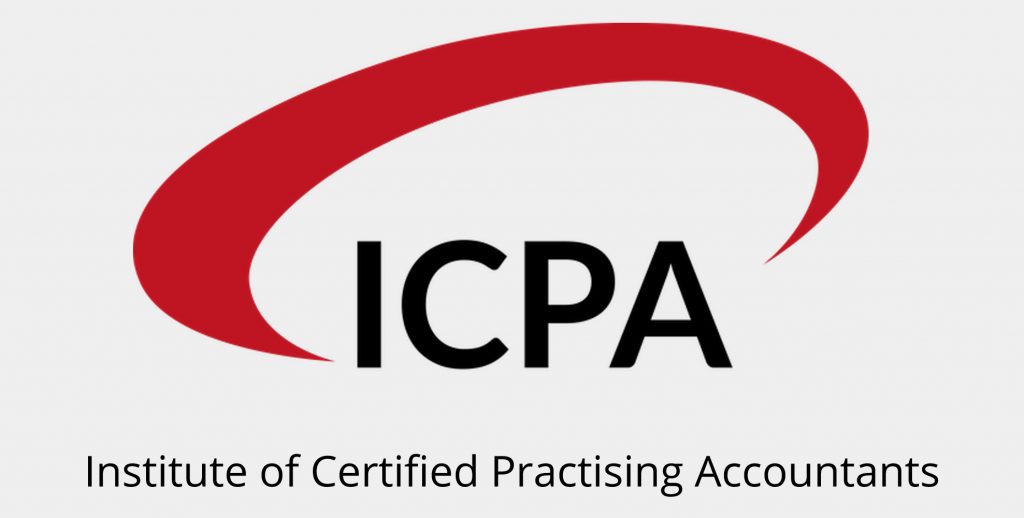Welcome to Tax Compute
Leading Chartered Accountants Cheltenham and Hammersmith
We are a dedicated team of Chartered Management Accountants offering expert business advice, guidance, advice, and accountancy services for Cheltenham and Hammersmith and the surrounding areas.
Our mission is simply to provide:
The best possible business solutions.
Effective tax planning.
HMRC Compliance.
Sound business advice.


As Chartered Management Accountants we set our standards high. We offer premium tailored accounting solutions for:
- Start Ups
- SMEs
- Contractors
- Sole Traders
- Established Businesses
We have diversified and grown our expertise to help our clients in and around Cheltenham and Hammersmith as well as nationally. We offer bespoke accounting solutions and tax services that really work and we provide our clients with optimal solutions. We place a high priority on the highest quality client service delivery as our Google Business Profile reviews attest. So whether you are a sole trader business owner or a company director of a number of limited companies, we can offer a tailored solution to suit your business needs.
As practised and extensively experienced accountants in a variety of services, we take care of all your accountancy and tax requirements from tax returns and corporation tax to bookkeeping and HMRC. Also, offering comprehensive account management and bookkeeping services, we can help your business optimise its processes in sales, purchases, payroll, tax, and more. We understand how complicated and convoluted tax and accountancy processes are in the UK, and that’s why we are dedicated to ensuring you get a complete all-inclusive accountancy package.
We use advanced accounting analytics to audit your financial situation, tax position, structure, management, and strategies and provide you with a complete overview of the strengths and weaknesses in your business. We identify the issues and help you to solve them; leaving you with a smooth accountancy process to ensure you are set up to maximise your business potential.
Whichever accountancy service you choose; you know you’ll work with a standard of accountants you won’t find anywhere else.
Ready to see how we can help you? Reach out to your local branch of Tax Compute Accountants in Cheltenham, or Hammersmith, where our eager and friendly business advisory team is ready to provide you with complete end2end accountancy solutions.



